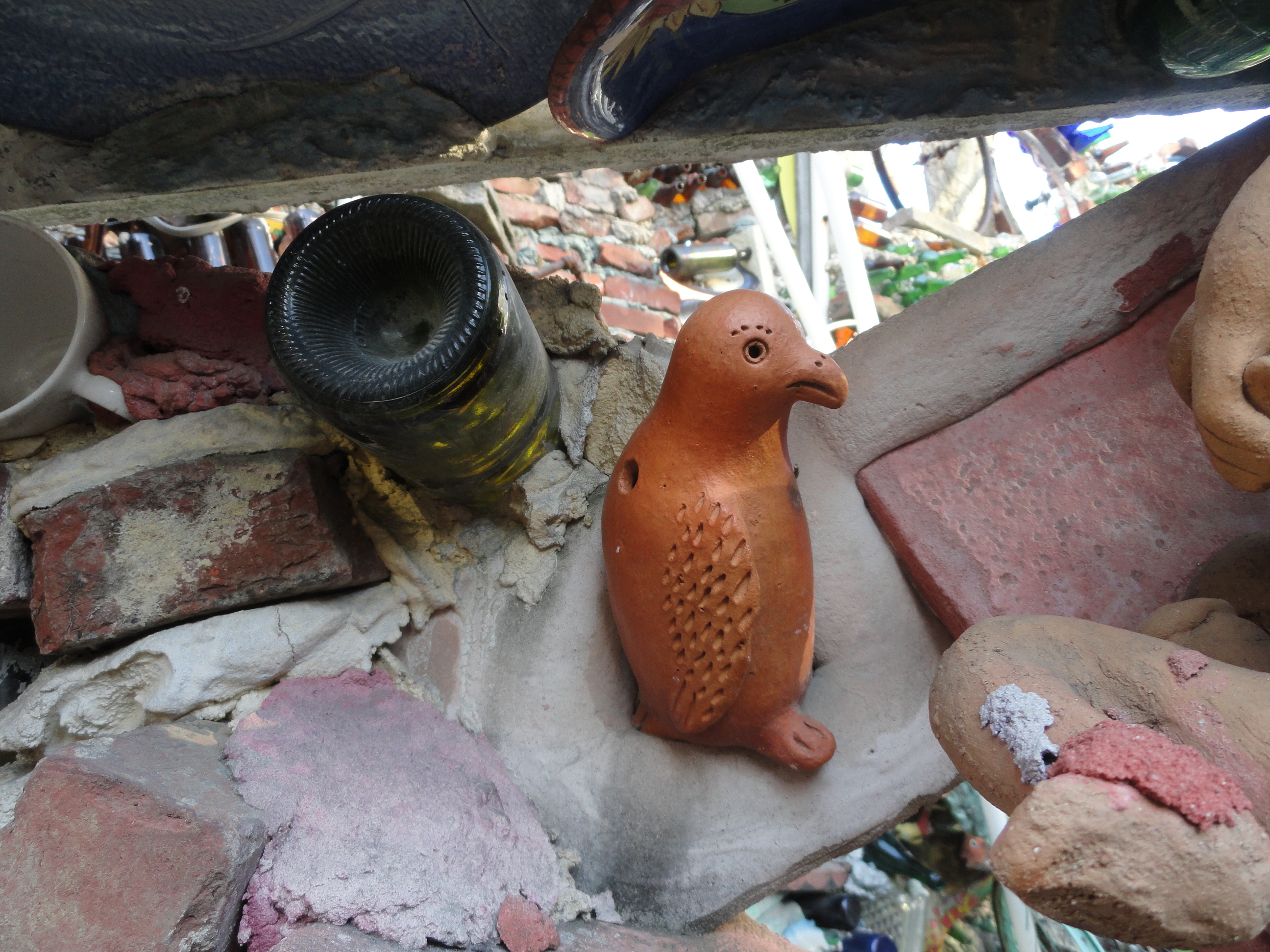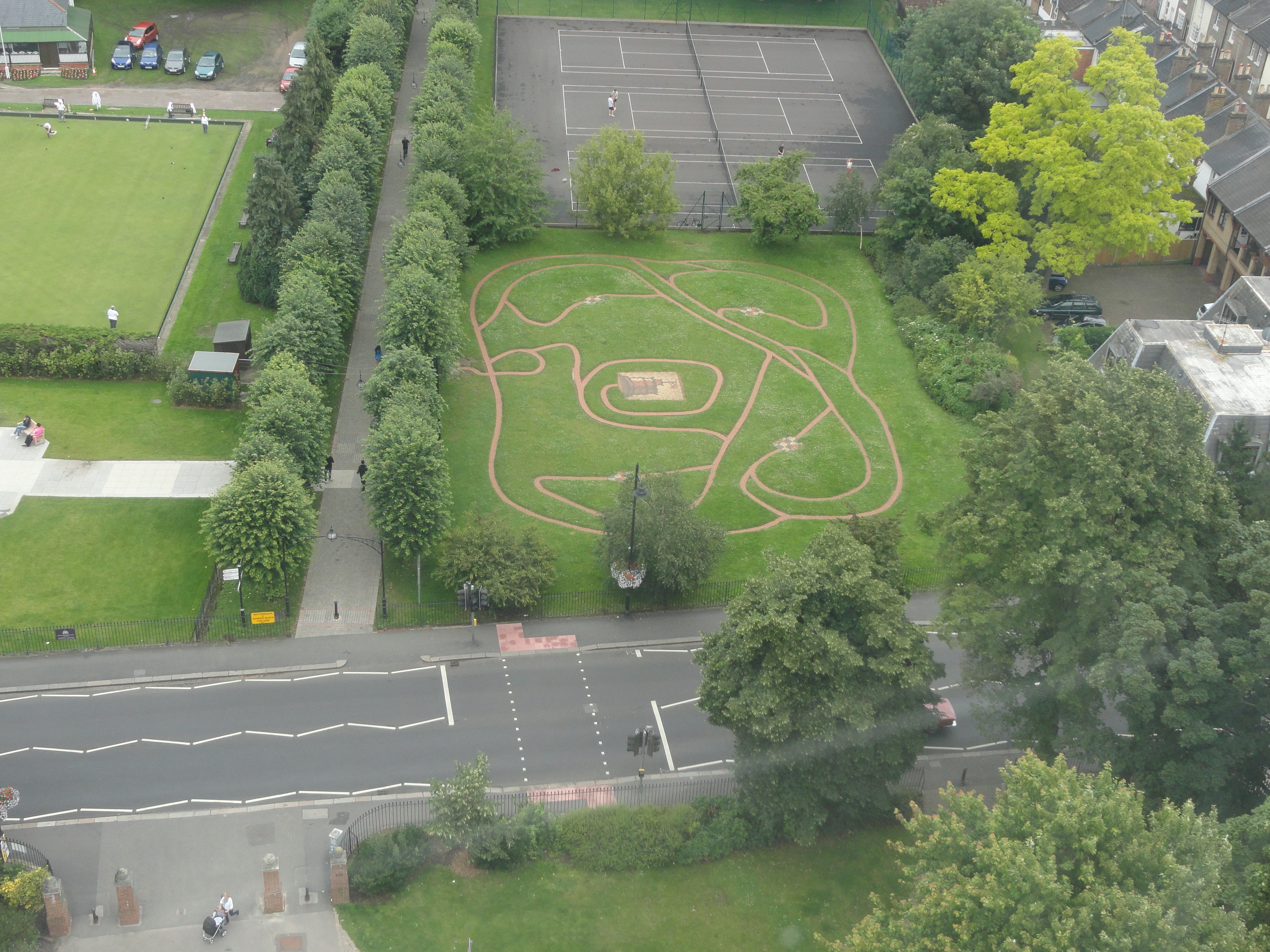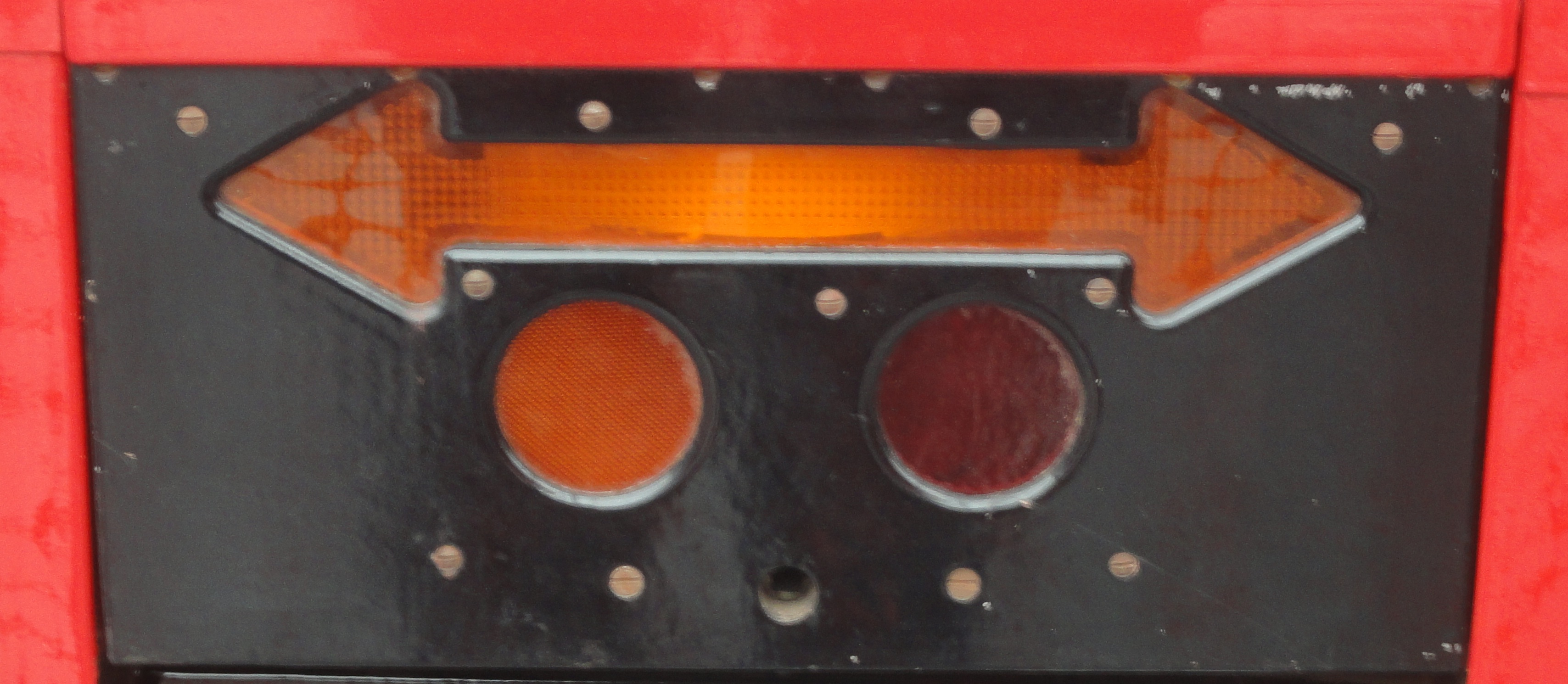If a parent has found something that works for their family without understanding why it worked and how much personality played in it, then for others it's little better than rolling dice and picking some technique at random.
Critical examination is better for reaching clear goals than pretty sentiments of "following the heart" and "mom knows best."
photo by Sandra Dodd
__
A collection of bad ideas: "Support"
A collection of good ideas: my Joyce page







